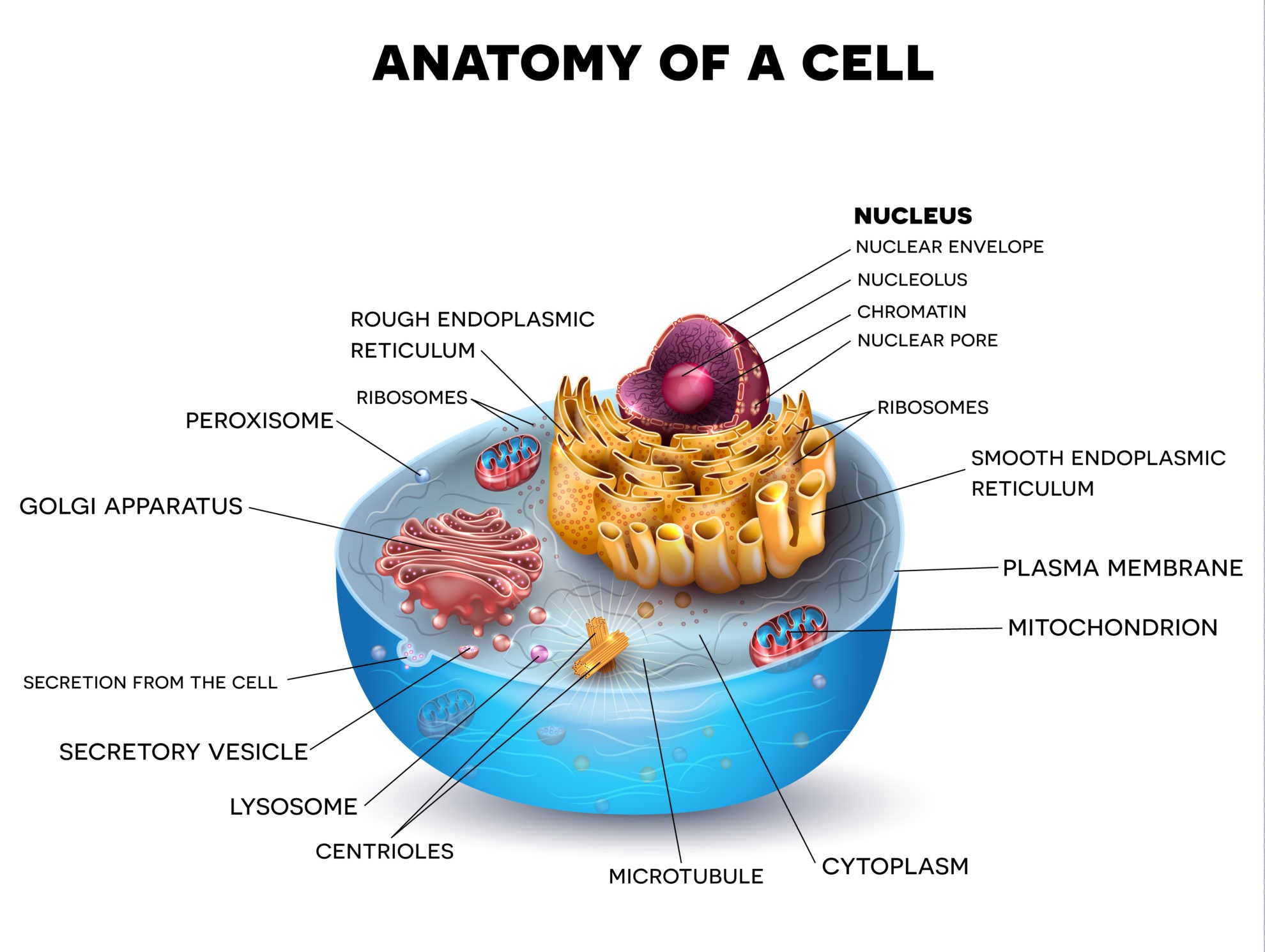Introduction:
Biology is the study of life and encompasses all aspects of living organisms, from their molecular structure to their behavior and interactions with the environment. It is a vast and complex field that has contributed immensely to our understanding of the natural world. Biology is also an important subject for many careers in the sciences and medicine. Whether you are a student just starting out in your biology education, or simply curious about the world around you, this beginner’s guide will provide a comprehensive overview of the field.
What is Biology?
Biology is the scientific study of life and living organisms. It encompasses everything from the smallest bacteria to the largest ecosystems. The field is divided into many sub-disciplines, such as genetics, ecology, microbiology, and biochemistry. These sub-disciplines are all interconnected, and they work together to provide a complete understanding of the natural world.
The Study of Cells:
One of the most fundamental aspects of biology is the study of cells. Cells are the basic building blocks of life, and they are responsible for carrying out all of the functions necessary for an organism to survive. Cells come in many different shapes and sizes, but they all share certain characteristics, such as the ability to reproduce and the ability to respond to their environment.
Genetics and Heredity:
Genetics is the study of how traits are passed down from one generation to the next. It encompasses everything from the structure and function of DNA to the study of genetic disorders. Heredity is the process by which traits are passed down from parents to offspring. Understanding genetics and heredity is essential for many careers in medicine, genetics, and biotechnology.
Evolution and Adaptation:
Evolution is the process by which living organisms change over time in response to changes in their environment. It is the driving force behind the diversity of life on Earth. Adaptation is the process by which organisms become better suited to their environment through natural selection. These concepts are fundamental to our understanding of the natural world and have significant implications for fields such as ecology, conservation biology, and biotechnology.
Ecology and Ecosystems:
Ecology is the study of how living organisms interact with each other and their environment. Ecosystems are communities of organisms that interact with each other and their physical environment. Understanding ecology and ecosystems is essential for our understanding of how living organisms are affected by climate change, pollution, and other environmental factors.
Conclusion:
Biology is a vast and complex field that encompasses everything from the study of cells to the study of entire ecosystems. It is an essential subject for many careers in the sciences and medicine. Whether you are a student just starting out in your biology education or simply curious about the natural world, this beginner’s guide provides a comprehensive overview of the field. By understanding the fundamental concepts of biology, we can gain a deeper appreciation for the diversity of life on Earth and the many ways in which living organisms interact with each other and their environment.


